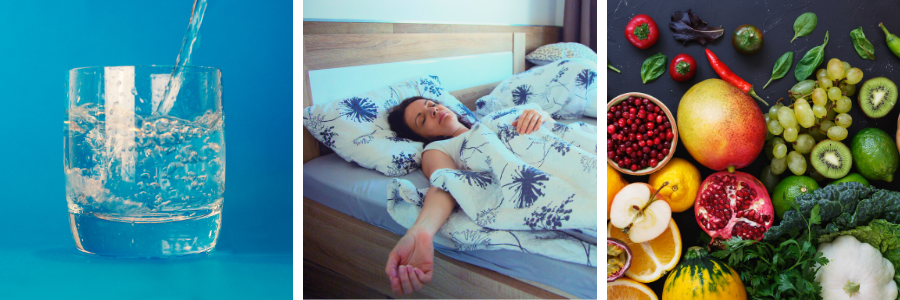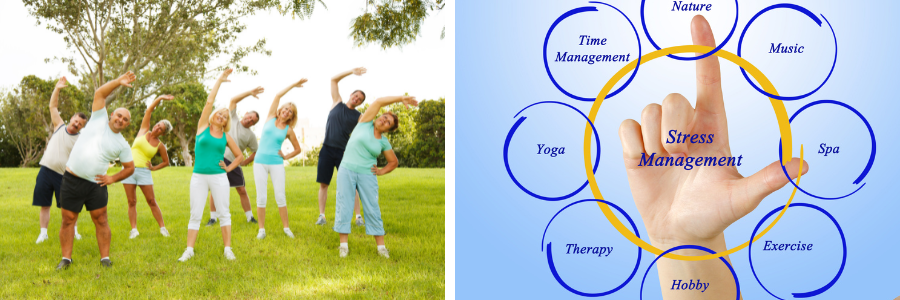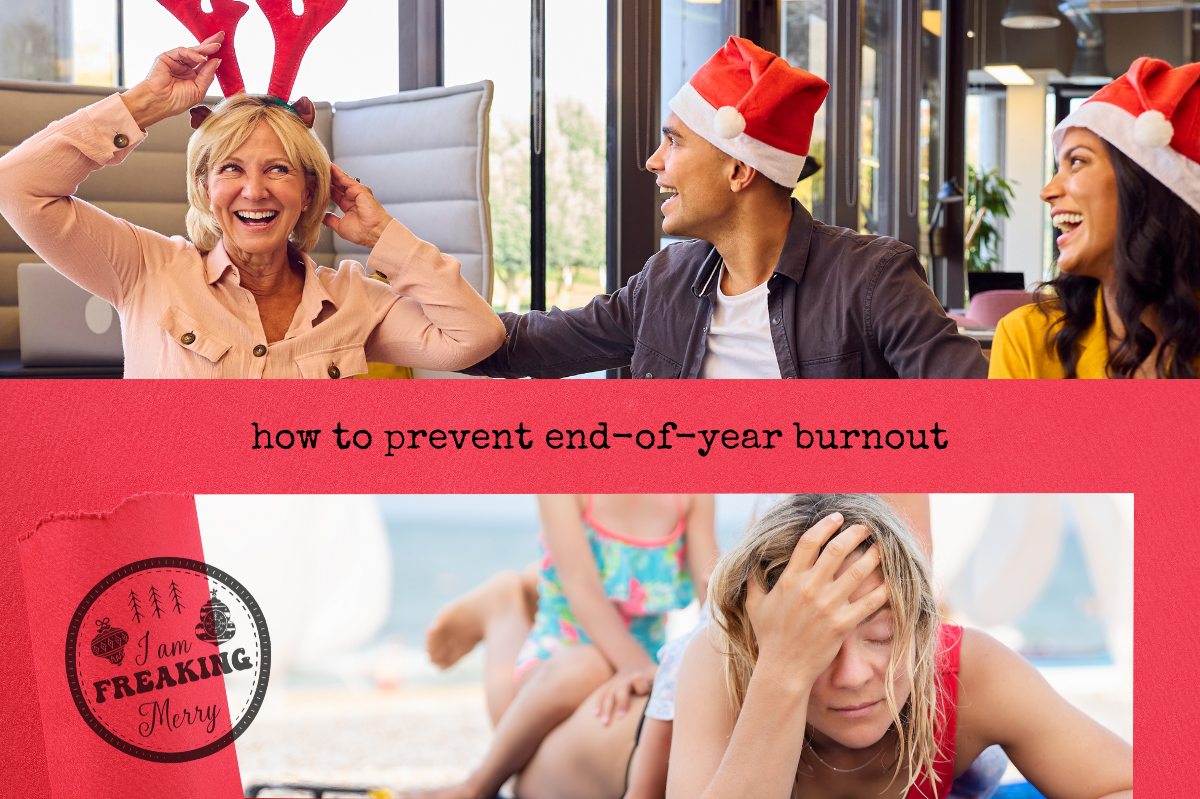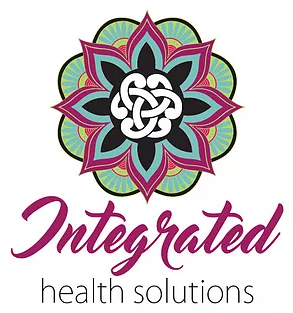Every year we get to this point and wonder “How am I going to make it through to Christmas?” It’s a sign that you’re on the brink of end-of-year burnout.
So, I want to share with you some other signs to watch out for, and some tips for preventing end-of-year burnout.
What is end-of-year burnout?
You might be familiar with the concept of burnout, hopefully, it’s not through personal experience! Chances are though, it probably is.
End-of-year burnout is essentially the same thing, made worse by a level of fatigue that’s accumulated after nearly a full year of striving to stay on top of things. To which we pile an enormous additional load of end-of-year obligations.
What are the signs of end-of-year burnout?
If you’re reading this in November, just tune in right now to how you’re feeling. Are you calm, relaxed and at peace? Or is your experience something else? Chances are that how you feel now is exactly the key sign that you’re in end-of-year burnout.
Key characteristics are:
- Extreme exhaustion
- Low mood and irritability
- Poor eating habits
- Too much caffeine
- Acute stress
- Attending social occasions feeling like you’re going through the motions but with no real sense of pleasure or fun
- Headaches
- Aches and pain in the body
- Tight muscles, particularly in the back, neck and shoulders
- Feeling like you’re pushing through
Now that we’ve got clarity on the definition, let’s get to the good stuff, with some easy actions you can take to get you through to the end with enough left over to actually enjoy the Christmas break and those wonderful days away from our regular doings.
How to prevent end-of-year burnout
Back to basics
The 5 pillars of health are a good starting point.
- Hydration
- Sleep
- Diet
- Exercise
- Stress management
Maintaining balance in these foundations of health enables you to feel, think and function better, generally. With the addition of meeting key deadlines, school concerts, work Christmas functions, and friend and family gatherings, shoring up these foundations makes a noticeable difference.
Let’s look at each in more depth.
Hydration
Hydration is important to ensure your body keeps flushing out waste. As well as maintaining everyday body function, drinking enough water helps prevent headaches and can reduce the after-effects of too much alcohol.
Here in the Top End, it’s even more vital as the heat and humidity increase. Staying well-hydrated bolsters your ability to cope and helps stabilise your mood so that you feel less cranky or irritable.
The daily recommended intake for women is approximately 2 litres, and for men 3 litres. In hot climates, this increases to approximately 3 litres for women and up to 4 litres for men.
If you experience water retention in hot weather, such as swelling in the ankles or feet and in your fingers, rather than reducing your water intake, you need to increase your levels of movement. Water retention, when not associated with medication or another underlying condition, is an indication that your body isn’t getting enough movement.
Stay well hydrated, bring more movement into your routine—swimming is great, as is a sunset walk on the beach—and help your body maintain a healthy water balance.
Sleep
It’s a no-brainer really, if you’re reaching the end of your limits, more sleep is one of the carrots you might be dangling to get yourself to the Christmas finish line.
However, more sleep isn’t necessarily the answer. What you need is healthy, or good quality sleep. This means:
- getting at least 4-5 full cycles
- between 7-9 hours is recommended
- catch up when you can, that is nap when needed.
Healthy sleep is necessary because it optimises normal bodily functions, resets the body so that your stress response is within healthy parameters, and we wake feeling refreshed and ready for the day ahead.
Here’s how to sleep like a baby.

Diet
Our diet is always important, even more so when your body is under the type of pressure that manifests towards the end of the year.
It’s easy to get drawn to “comfort” foods, those tasty treats with high carbs, or sugary, fatty delights that are often the only thing available at end-of-year social functions.
Remember, it’s what we eat 90% of the time that matters, so there’s room to play with 10% of your intake. Do enjoy your holiday favourites—in moderation. Here’s a simple formula to help you out:
- Eat at least 1 raw meal a day.
- Consume 5-7 cups of different kinds of vegetable
- Enjoy 2-3 pieces of seasonal fruit.
Overall, support yourself with good nutrition and balance your treats with the things you know to give your body what it needs.
The same goes for any alcohol you consume. Enjoy a glass or two, and balance it out with water in between. Support your body by providing quality “fuel” so you don’t crash and burn and end up sick in bed over your Christmas break.
Exercise
Like diet, exercise needs to be constant. It’s one of the many mechanisms that help reduce stress levels, in two main ways:
- metabolising the stress hormones that have been released
- releasing “feel-good” hormones such as endorphins and dopamine.
In the lead-up to the festive season, it’s vital to maintain a regular exercise routine, even if you’re too tired, too busy, over-committed and out of options. Putting yourself first by prioritising exercise as a potent self-care action for you to take right now will yield tangible results in how you feel and how you manage everything the end-of-year throws at you.
If you are away on holiday, changing the type of exercise is a great idea. Just remember that maintaining movement every day is the key to good health and longevity. If you can do nothing else while you’re away on leave, taking a 30-minute walk every day will maintain your fitness level until you are back in your regular routine.
Stress management
Regulating your stress levels can be difficult to navigate through this time.
Each of the foundations outlined above are key contributors to good stress management. By focussing attention on each of the four previous steps you’ll be taking huge strides in reducing your stress loads.
Other things you can do to support yourself in this area include:
- Reduce your to-do list to only what’s absolutely necessary
- Delegate what you can where you can
- Ask for help when you need it
- Say yes with discernment
- Say no when the weight of obligation outweighs every other factor.
At this point in the year, starting something new may not be as valuable as maintaining what you are already doing. So, if you’re not already in the habit of powerful stress management activities such as yoga, meditation, tai chi, breathwork etc, hold off on making a start right now. Make a commitment to getting started during your downtime.

End-of-year burnout first aid
Stock up
- If you are taking supplements, please make sure you have enough to get you through to January.
Hang-over prevention
- If you are planning to drink alcohol, please make sure that you take the equivalent amount of water between each drink, and before your next one.
- A 500mg Vitamin C between each drink will be helpful as well.
- Have some Activated B vitamins before and after the drinking and you should wake feeling well.
Resolutions
- Set achievable goals.
- Break the actions down into easy steps.
- Call in a buddy to help you be accountable to yourself.
I hope you have a great holiday time, stay safe and good luck for the coming year.



